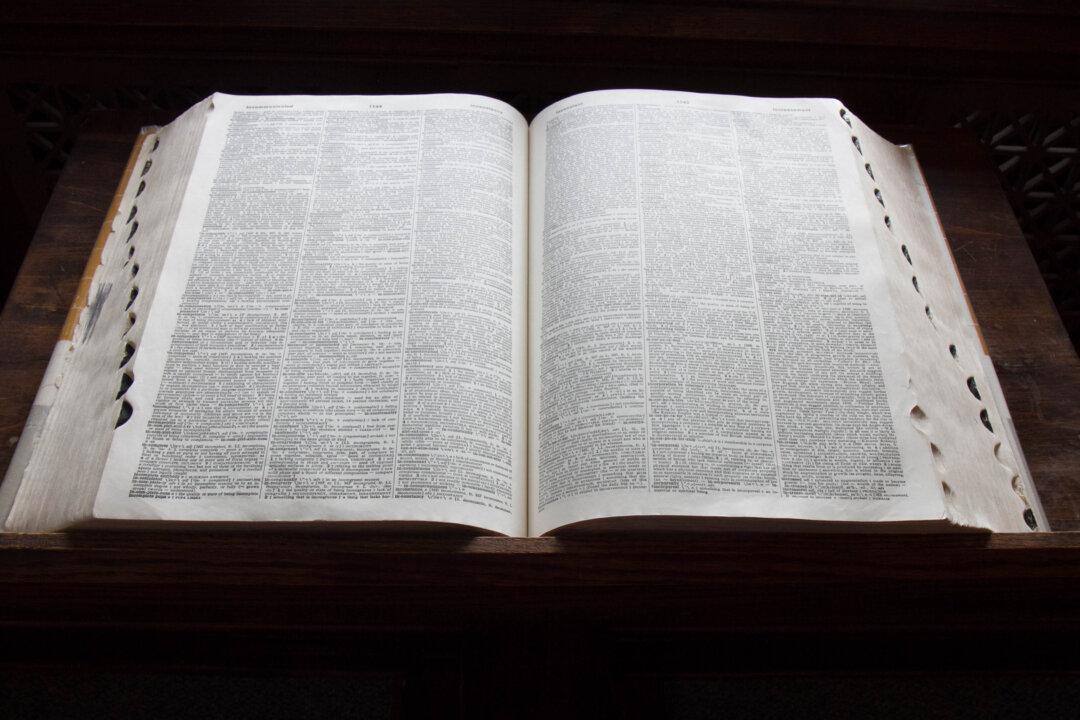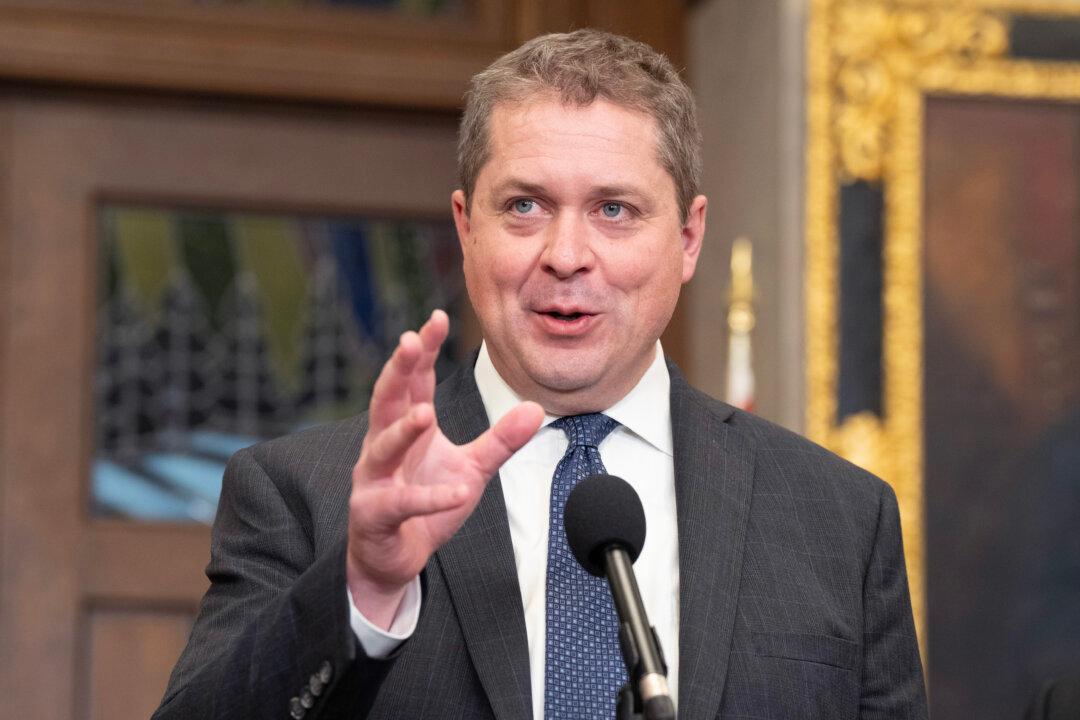OTTAWA—A former Ontario university professor turned author warns that freedom of speech is under threat in Canada, saying there has been an “incremental creep” in regards to the changing definitions of words.
“What is it saying about our culture, that we’re so interested in doing this or that we’re so willing to accept these rapidly evolving definitions?” Julie Ponesse said during a panel discussion on free speech and ethics in Ottawa on April 28.





